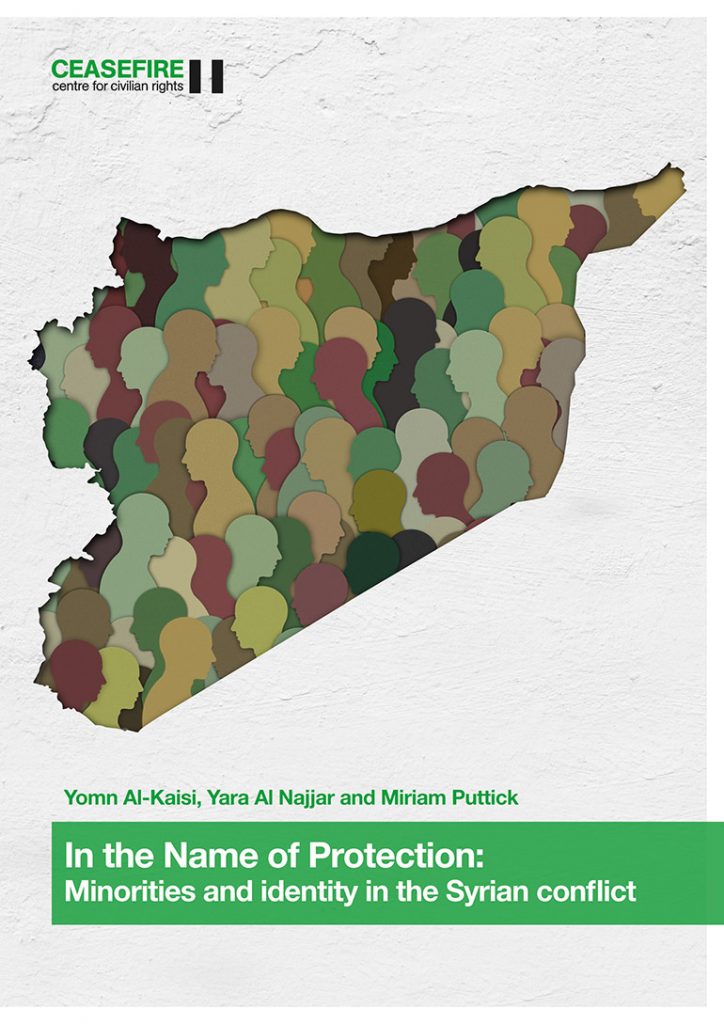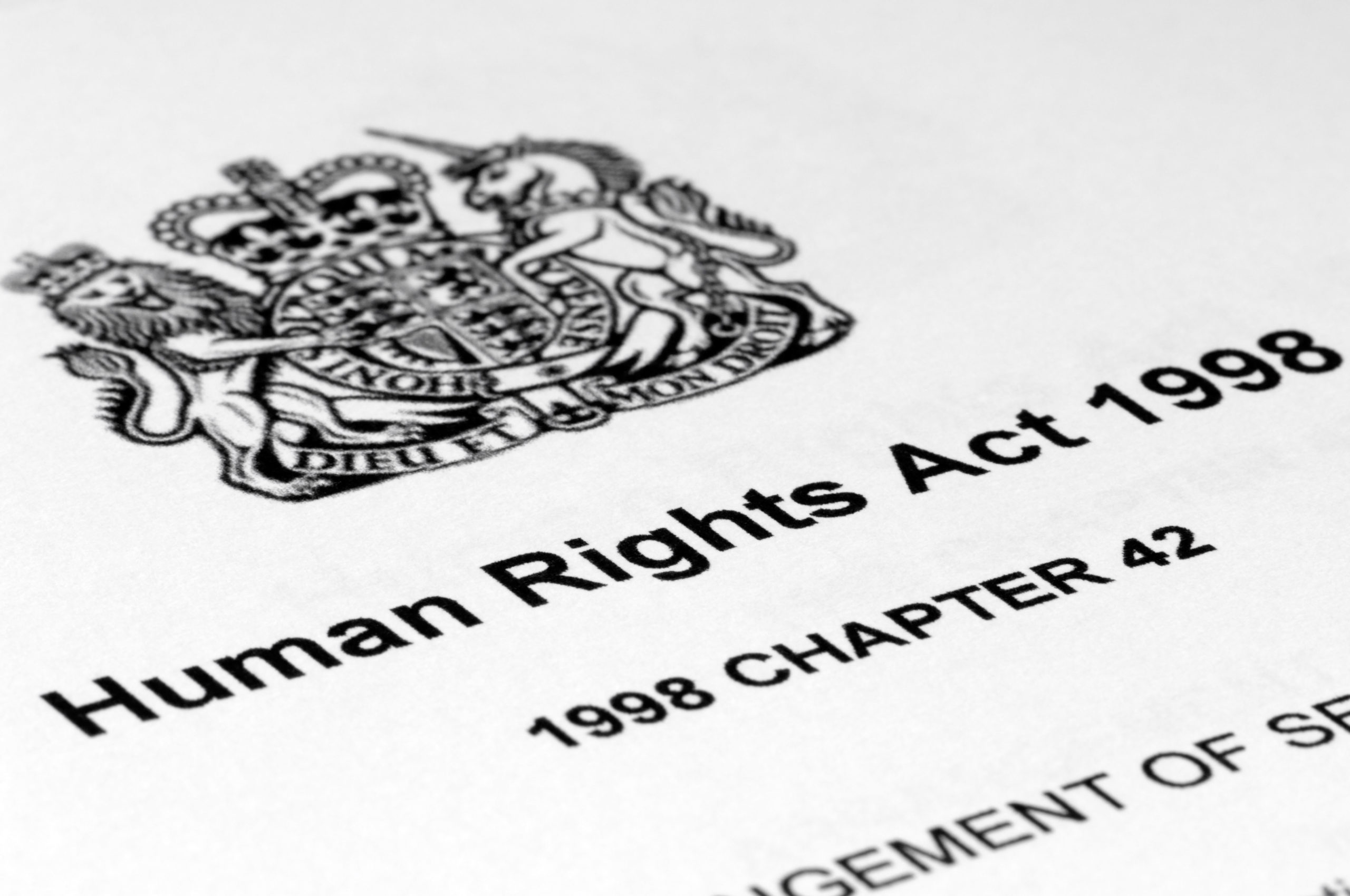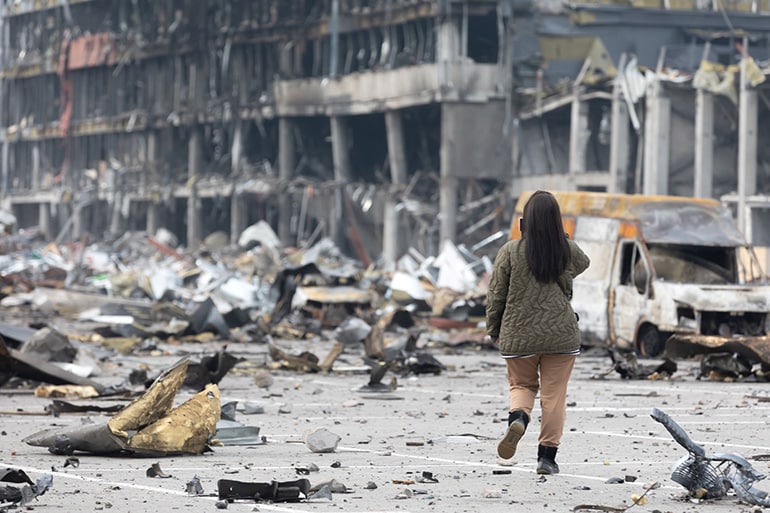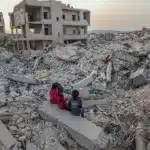June 2021
Syria’s minorities have been caught in a war of narratives waged by the Syrian state, regional and international actors, according to a new report by the Ceasefire Centre for Civilian Rights. Most notably, the Assad-led government’s narrative that it is a ‘protector of minorities’ has been used to justify ongoing violations against civilians and activists.
In the Name of Protection: Minorities and identity in the Syrian conflict draws on 14 in-depth interviews with Syrian activists and civilians of diverse religious minority backgrounds to explore the multifaceted and layered experiences of minorities during the conflict. Their testimonies challenge and complicate widespread assumptions made about religious minorities in Syria.
Syria’s minorities have been caught in a war of narratives waged by the Syrian state, regional and international actors, according to a new report by the Ceasefire Centre for Civilian Rights. Most notably, the Assad-led government’s narrative that it is a ‘protector of minorities’ has been used to justify ongoing violations against civilians and activists.
In the Name of Protection: Minorities and identity in the Syrian conflict draws on 14 in-depth interviews with Syrian activists and civilians of diverse religious minority backgrounds to explore the multifaceted and layered experiences of minorities during the conflict. Their testimonies challenge and complicate widespread assumptions made about religious minorities in Syria.
‘While the Assad-led government would like to project an image of monolithic support from Syrian religious minorities, the testimonies of opposition activists arbitrarily detained by state forces dismantle this myth,’ says Miriam Puttick, Head of Middle East and North Africa Programmes at Ceasefire. The report reveals that detained activists of minority background are subjected to severe physical and psychological torture by the Syrian state security apparatus, though the scale of abuse differs from person to person.
The report also explores the complicit role of regional and international actors, such as Iran, Russia, Turkey, Saudi Arabia and the U.S, in exploiting fears of religious minorities. ‘All parties to the conflict have played a role in politicising, weaponizing and co-opting minority identities,’ says Yomn Al-Kaisi, Middle East and North Africa Programme Officer at Ceasefire.
According to the report, regional and international actors have financed and propped up armed groups and militias to further their own political interests, leaning on the narrative of ‘protecting minorities’ to justify their interventions. Russia has staged photo ops in Christian Orthodox churches in Damascus to legitimise its actions, while Iran has created militias of Shi’a fighters to fight in the conflict.
The spread of extremist armed groups on the ground has only heightened sectarian tensions. One civilian testimony in the report documents the trauma of being raided by the former Islamist armed group, Jabhat Al-Nusra, which targeted religious minorities in an apartment building.
‘Playing on minority fears, the Assad-led government deliberately conflates the actions and views of extremist Islamist groups with those of millions of Sunni protestors’ says Yomn Al-Kaisi, Middle East and North Africa Programme Officer at Ceasefire. ‘This demonisation process paints millions of Syrians as ‘terrorists’ rather than citizens seeking political, economic and social justice.’
Ultimately, Syrians have paid the price of their identities being politicised and weaponised. The report finds that civilians from minority backgrounds frequently adapt their accents and their appearance to avoid being targeted based on their assumed identity.
‘The use of sectarian narratives has real-life consequences,’ says Mark Lattimer, Ceasefire’s Executive Director. ‘These narratives continue to put the lives of Syrian civilians at risk today.’
Note for editors:
In the Name of Protection: Minorities and identity in the Syrian conflict is published in English and Arabic on 9 June 2021.
For further information or to arrange interviews, e-mail: contact@ceasefire.org























